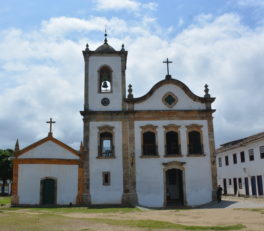Paraty, a coastal town in Brazil’s Rio de Janeiro state, is rich in history and natural beauty. Founded in 1597, it was a key port for gold shipping. Today, it boasts well-preserved colonial architecture, eco-tourism attractions, and vibrant local culture, drawing many visitors annually.
Continue readingTag: Colonial Cities
Ouro Preto – Black Gold
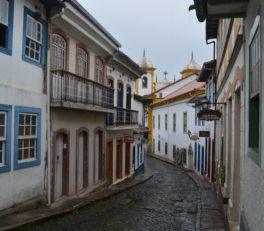
Ouro Preto, a historic town in Minas Gerais, Brazil, once thrived during the gold rush. Today, it is a UNESCO World Heritage site known for its baroque architecture and rich history of exploitation and resilience, particularly through the work of sculptor Aleijadinho, showcasing the town’s complex legacy.
Continue readingSalvador de Bahia – Where History meets the Vibrant Pulse of Afro-Brazil
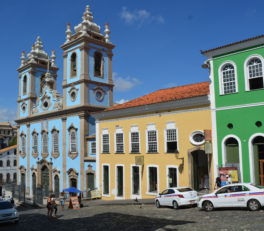
Salvador, the capital of Bahia, is a UNESCO World Heritage Site known for its rich cultural heritage, colonial architecture, and Afro-Brazilian influences. With a vibrant atmosphere, beautiful beaches, and significant historical sites, Salvador attracts tourists and embodies a unique blend of tradition and modernity in Brazil.
Continue readingOlinda: Well Preserved Colonial Town in Pernambuco
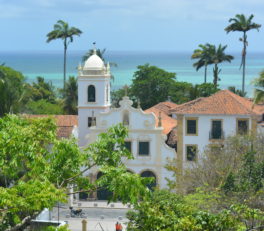
Olinda, a UNESCO World Heritage Site in Pernambuco, Brazil, is renowned for its preserved colonial architecture and cultural traditions. Founded in 1535, it thrives on tourism and local artisanal trades, featuring highlights like Alto da Sé and vibrant cultural festivals that celebrate its rich history and modern spirit.
Continue readingSão Luís and Lençóis Maranhenses National Park
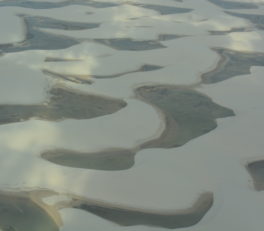
São Luís, the capital of Maranhão, Brazil, is a vibrant mix of colonial architecture, Afro-Brazilian culture, and tropical landscapes. Known for its UNESCO-listed historic center, the city serves as a commercial hub and gateway to the stunning Lençóis Maranhenses National Park and offers unique cultural experiences.
Continue readingSuriname 🇸🇷 – Unique Dutch Heritage set in Pristine Rainforests
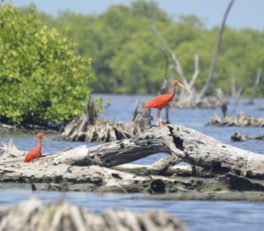
Travel blog on Dragoman truck through Suriname: Nieuw Nickerie,
Paramaribo, Bigi Pans, Anaula
Guyana 🇬🇾 – Heart of South America’s Untamed Wilderness
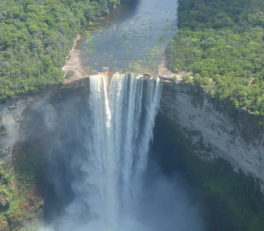
Travel Blog to Guyana, Georgetown and Kaieteur Falls
Continue readingCartagena de Indias
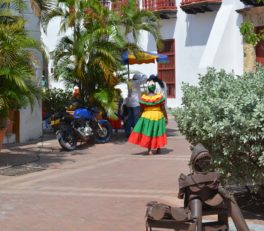
After a long bus journey from Medellín we arrived in Cartagena on the Caribbean coast to complete the South American leg of the Pan American Highway all the way from the end of the world …
Continue readingZona Cafertera – Salento, Manizales – Coffee Paradise
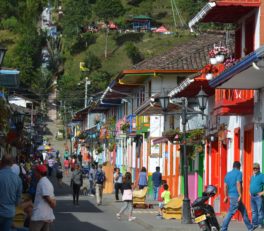
The Zona Cafetera, a UNESCO World Heritage Site in Colombia, is renowned for its stunning landscapes and coffee production. Colonial towns like Salento and Manizales showcase vibrant culture and architecture. Tourism and sustainable practices are growing, but the region faces environmental challenges like deforestation and climate change affecting coffee yields.
Continue readingPopayán – White City
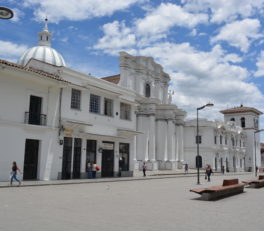
Popayán, Colombia, dubbed the “White City,” is renowned for its colonial architecture and historical significance. The city’s rich history, marked by its role in the Spanish Empire and intellectual prominence, is reflected in its notable churches and landmarks. Its economy thrives on education, agriculture, and tourism.
Continue reading